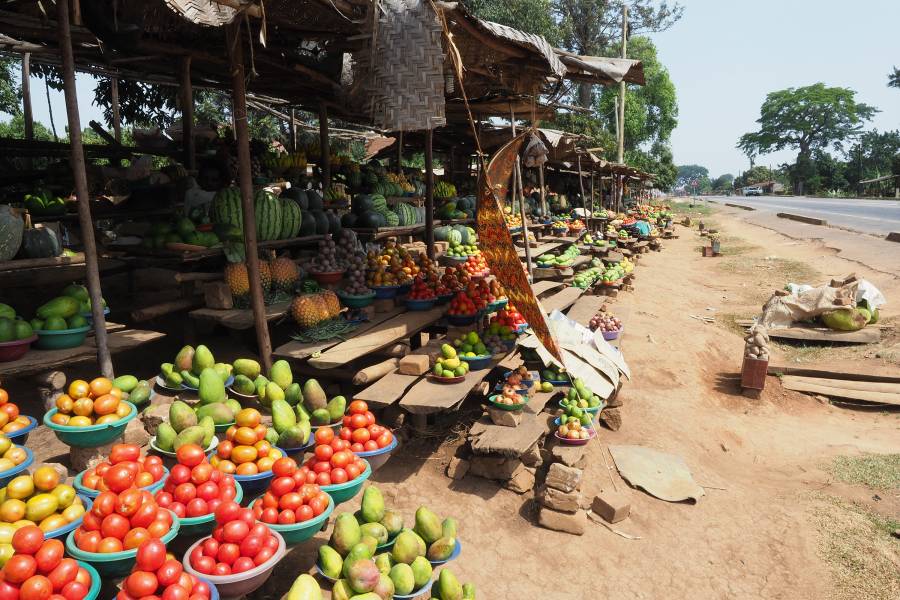A new survey from four African countries on the COVID-19 pandemic shows significant impacts on food security and household income, and that COVID-19 has women apprehensive about accessing health care.
Performance Monitoring for Action is a family planning and sexual and reproductive health data collection project funded by the Bill & Melinda Gates Foundation with direction and support provided by the Bill & Melinda Gates Institute for Population and Reproductive Health at the Johns Hopkins Bloomberg School of Public Health and Jhpiego, in collaboration with national partners in each project country.
PMA conducted a survey in the Kinshasa province of Democratic Republic of Congo, Kenya, Burkina Faso, and the Lagos and Kano states of Nigeria. The survey focused on COVID-19 knowledge and the implications for women's health and their economic prospects.
The survey results show significant impacts of COVID-19 on food security—measured as one or more household members going 24 hours without food—and income. In all geographies, 75% or more of women reported that their household lost at least partial income since the start of the COVID-19 restrictions. Complete loss of household income ranged from 16% in Burkina Faso to 62% in Kinshasa, DRC.
"While the women we interviewed have health concerns, our results show that the immediate concern for many is how to feed their family," said Elizabeth Gummerson, deputy director of the technical unit of the Institute for Population and Reproductive Health. "We've shared this with our government partners to help them shape their policy decisions, many of whom have formulated action plans to address these challenges as a result."
Food security has been severe and pervasive since the start of COVID-19 restrictions. According to the survey, 30% of women in Kenya report that at least one member of their household went without food since COVID-19 restrictions were imposed, with 72% reporting that food insecurity is more common now compared to before restrictions began.
General awareness of the virus and its symptoms is high, as is the perceived risk of infection. Although more than 90% of women across settings are taking some preventive action, many find social distancing difficult. The most common reasons for this difficulty are the requirements of daily life—shopping in an open market, getting to work, and visiting friends and family who often live in intergenerational families.
Between 20% and 50% of women in the countries surveyed needed to visit a health facility during COVID-19 mobility restrictions, but over 20% of them reported fear of the virus at the health facility.
Posted in Health
Tagged global health, jhpiego








